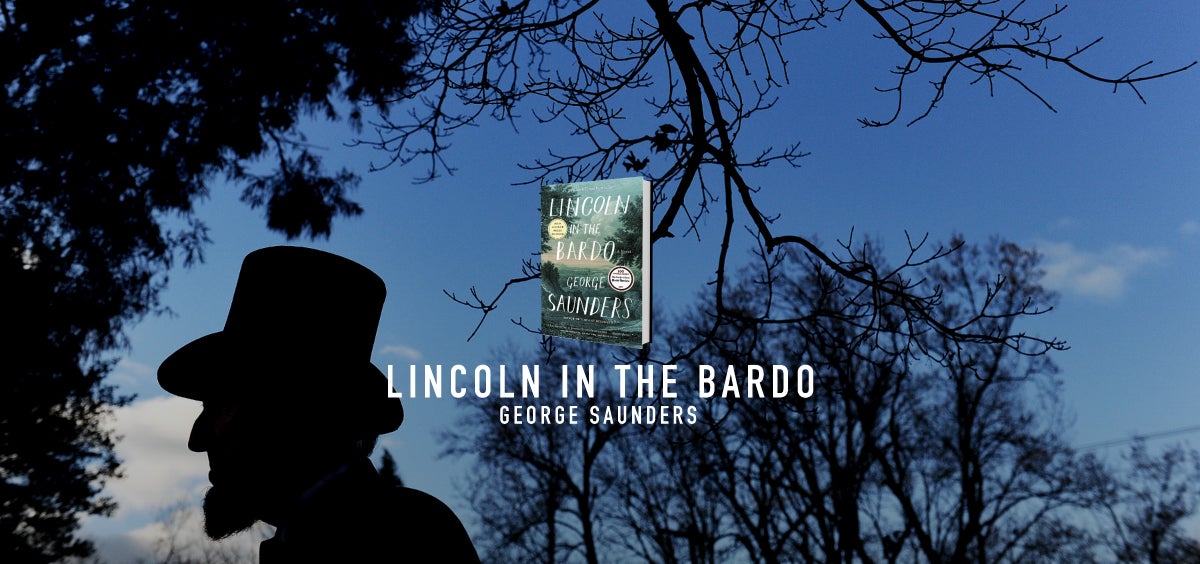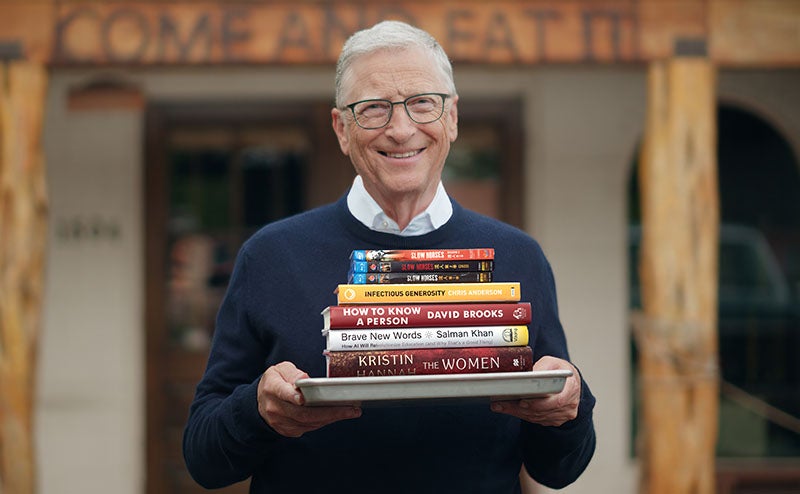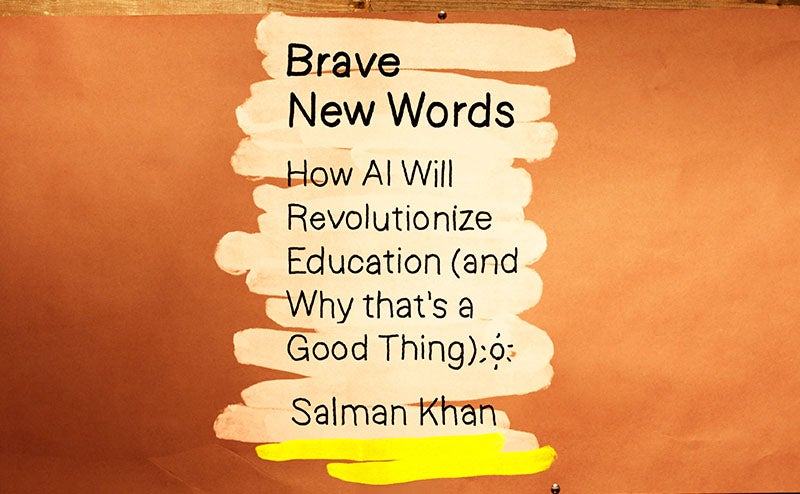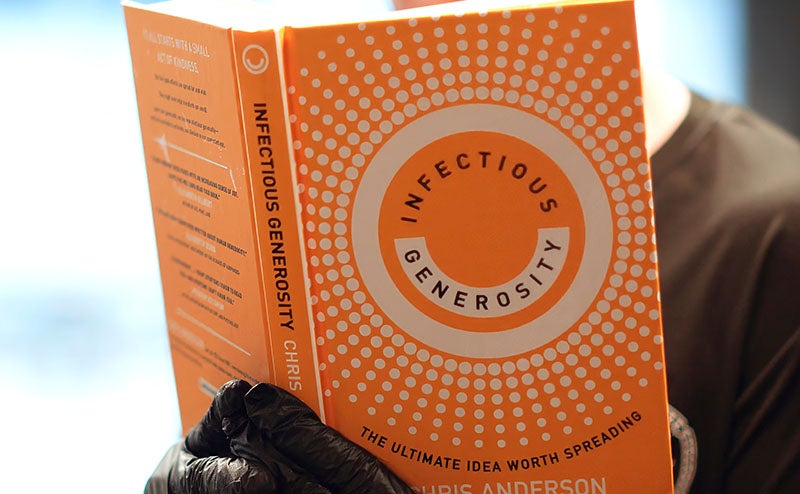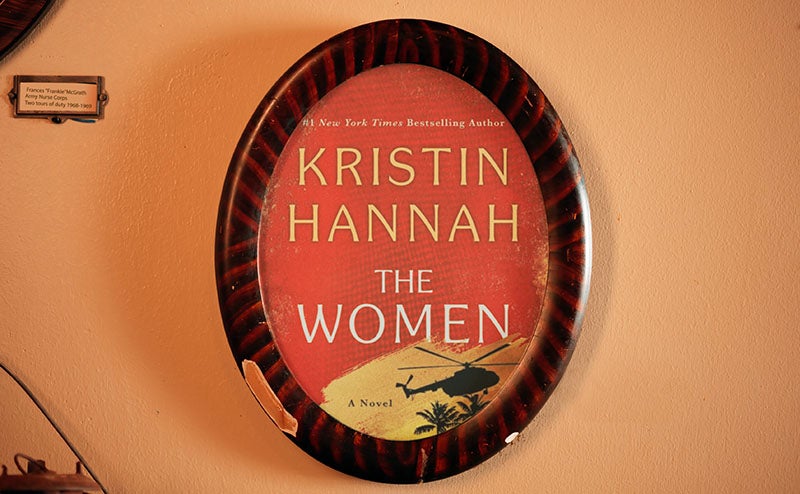There’s a lot Silicon Valley can learn from the Theranos mess.
I find anything related to Abraham Lincoln super interesting. His personal story—of someone from humble beginnings who successfully navigated the political world without compromising his beliefs—is fascinating. I’ve read a lot about him over the years and thought I knew pretty much everything there was to know. But I recently read a book about Lincoln that surprised me.
Lincoln in the Bardo by George Saunders gave me a new perspective on America’s 16th president. Despite being a work of fiction, it offered fresh insight that made me rethink parts of his life. The novel takes place over the course of one night not long after the death of Willie, Lincoln’s beloved 11-year-old son. The “bardo” in the title refers to a purgatory-like place where spirits linger after death—in this case, a spectral version of the Washington, DC cemetery where Willie was buried.
It’s dangerous for children to linger in the bardo (for reasons that are never explained), but Willie refuses to leave after his father visits his grave. Most of the book focuses on the other spirits trying to convince Willie to depart. There are 166 spirits in total, and Saunders uses a script format to make it clear who is speaking when. It’s disorientating at first, but you get the hang of it pretty quickly.
Saunders also uses excerpts from historical texts to tell the story of Willie’s death and its aftermath. I loved how he uses these flashbacks to show how fuzzy our recollections of the past can be. In one chapter, he weaves together conflicting quotes about Lincoln’s appearance. Were his eyes gray, or were they green? The answer changes depending on who you ask. It reminded me of the musical Hamilton, which deals with similar ideas about how storytellers shape history.
Saunders blends history and fiction seamlessly throughout the book. Some of the snippets in the flashbacks come from real sources (like Doris Kearns Goodwin’s Team of Rivals), and others are made up. The same is true of the ghosts: some are based on real people, but most are fictional. Lincoln really did visit Willie’s grave, although scholars disagree about whether he opened the coffin as he does in the book.
Saunders’ Lincoln is a man crushed by the weight of both grief and responsibility. Although his early life had its own share of tragedy, he’s now experienced the greatest heartbreak a parent can have. “The essential thing (that which was borne, that which we loved) is gone,” he thinks as he looks down at Willie’s coffin toward the end of the book.
Losing a child is unbearable for any parent, but Lincoln is also burdened by timing. Willie died less than a year after the Civil War started. The president has a new understanding of the grief he’s creating in other families by sending their sons off to die in battle. He must make a choice. Should the war go on? If it does, how can we ensure the end result justifies the cost of such suffering?
As far as I know, there’s no evidence linking Lincoln’s decision-making in the war to his son’s death—but Saunders cleverly makes the connection. Although the Gettysburg Address isn’t mentioned in the book, the results of Lincoln’s choice are echoed in some of its most famous lines: “From these honored dead we take increased devotion to that cause for which they gave the last full measure of devotion—that we here highly resolve that these dead shall not have died in vain.”
More than once while reading Lincoln in the Bardo, I found myself wanting to discuss it with someone else. A tennis buddy recommended the book to me, and I couldn’t wait to get back on the court and talk to him after I finished. Many parts of the book are intentionally mysterious. The study guide at the end is helpful, but I think it’s more fun to hear what other people think.
Lincoln in the Bardo is heavy stuff for a summer book, but I’m really glad I picked it up. It’s a quick read thanks to its play-like format, and some of the ghosts’ stories are surprisingly funny given the subject matter. If you’re an Abraham Lincoln buff like me, you won’t regret taking this one on your next vacation.
